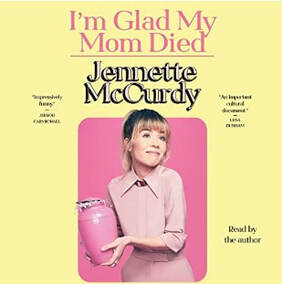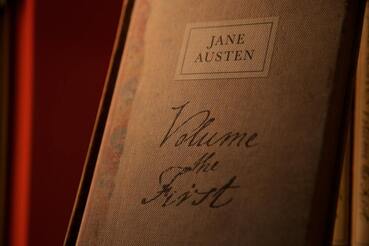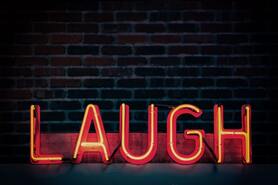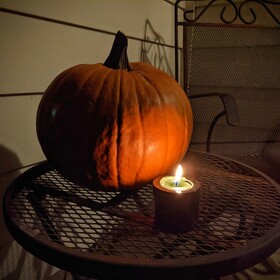 by Courtney R. Hall Celebrity memoirs and autobiographies are nothing new. They act as a fruitful branch of a celebrity’s branding arsenal and are a cash cow for publishers. Spanning decades, it’s been a commonly held belief that many, if not all, of these memoirs were written by an unnamed third party, a ghostwriter. These publications would be seen as a piece of PR material created for super fans, full of fluff like a celebrity's go-to salad that they would consume daily on the set of the television program that made them famous. However, there is a shift occurring in the world of celebrity memoirs and those with fame taking control of their own narrative. Some celebrities have raised the bar for what constitutes a great celebrity memoir in an era where social media blurs the distinction between privacy and publicity and shortens the gap between stardom and the unfamous. In a post #FreeBritney culture, the public is aware of how destructive and misleading both the paparazzi and media are towards celebrities, especially those that are women. Fans are tired of being spoon fed fluff. What they now crave is authenticity.
0 Comments
 Photo by Paolo Chiabrando on Unsplash Photo by Paolo Chiabrando on Unsplash by Nyds L. Rivera My first introduction to Jane Austen was when I was twelve years old, on the brink of coming out to my family, caught in the throes of questioning my sexuality. Pride and Prejudice was the first romance novel I ever read where I actually found some level of identity in it. Now, nearly a decade later, and still as enamored with Austen’s work as I was in middle school, I’ve discovered that this is far from a unique experience. Much of my close circle of friends is comprised of queer people, and most, if not all, of them are also fellow Austenites (Janeites? I’ve heard both). So why is this?  Photo by Tim Mossholder on Unsplash Photo by Tim Mossholder on Unsplash by Daniel Hewitt To offend or not offend—that is the question—and it’s an important one when it comes to comedy. It’s been said that laughter is the best medicine, and the goal of comedy is to make people laugh whether it’s comedy in literature, stand-up comedy, or sitcoms. There are times when we all need to throw our heads back and laugh out loud. Comedy’s use of language, wordplay, innuendos, and puns can all be used effectively--without being offensive.  Photo by Emmanuel Ikwuegbu on Unsplash Photo by Emmanuel Ikwuegbu on Unsplash by S. E. Roberts Writing is not a career that has ever paid enough money. Now, I’m not talking about bloggers or journalists, who could certainly stand to make more but don’t necessarily have to. I’m talking about novelists, poets, and short story writers, those artists who are self-advertising on social media, submitting to literary magazines, and publishing books of their work, all in the hope of being recognized and well-compensated for their work.  by Ellen Lewis It was that time of year. I snuggled up on my sofa with my fuzzy blanket, seasonal coffee, and warmed up pumpkin muffin. I opened a brand new horror novel, and suddenly...it was all wrong! Sure, I was eating fall foods and reading a spooky story, but I wasn’t in the right mood. It took me a minute to realize that the pumpkin muffin was making me feel warm and cozy, not ready to read about blood and monsters. As you sit down to read your favorite type of book, are you indulging in the correct food or drink—the one that will set the mood for your reading and not pull you out of it? Consider giving these suggestions a try to bring your reading experience to the next level. Embrace different genres by using food and drink to transport you to another world. |
Archives
July 2024
Categories
All
|
|
Glassworks is a publication of Rowan University's Master of Arts in Writing 260 Victoria Street • Glassboro, New Jersey 08028 [email protected] |
All Content on this Site (c) 2024 Glassworks
|

 RSS Feed
RSS Feed
